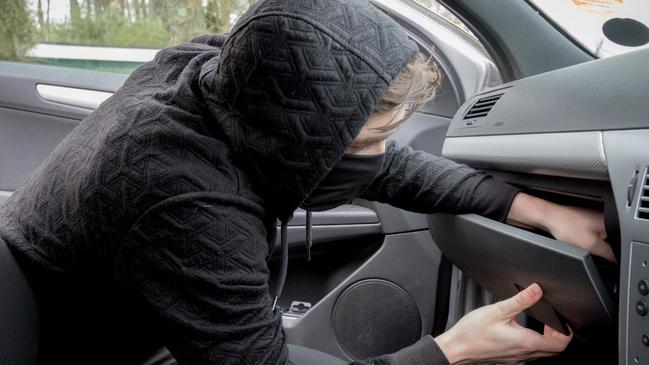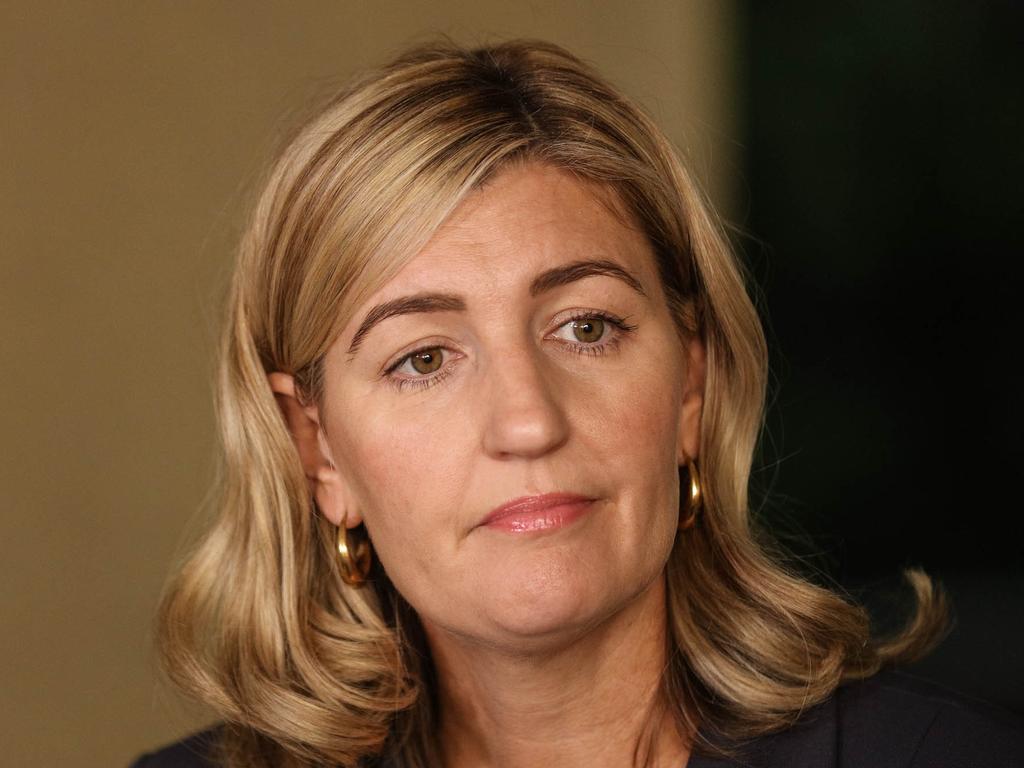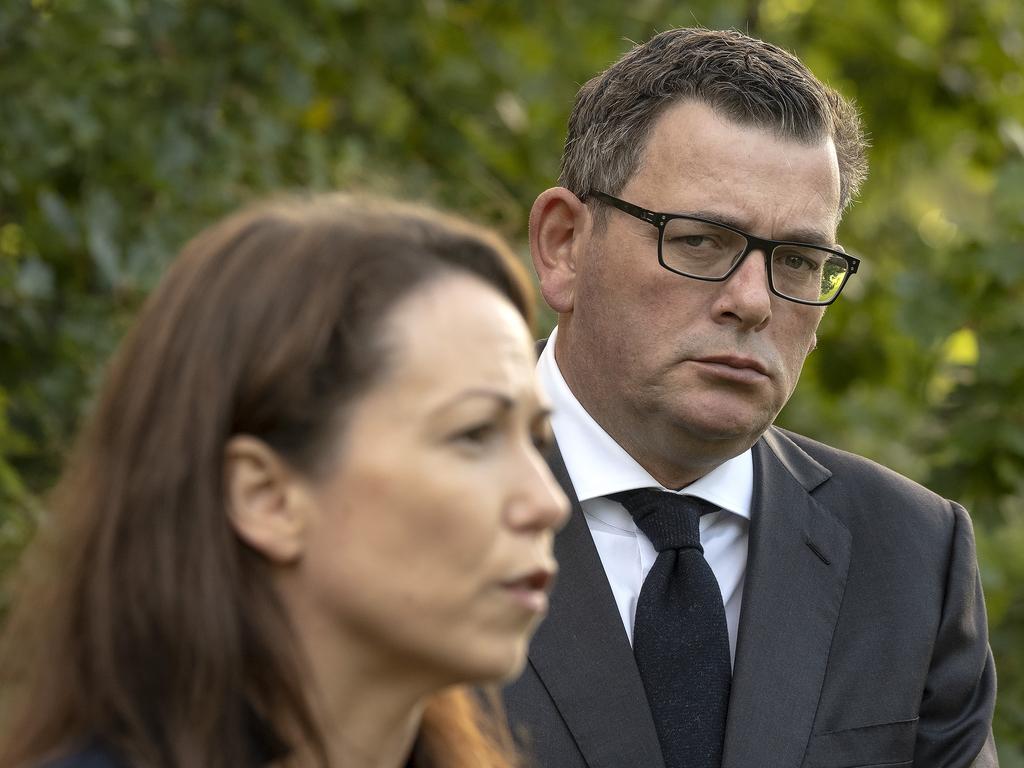Fresh questions about Victoria’s bid to raise criminal age amid surge in youth burglary
Fresh questions emerge over plans to raise the age of criminal responsibility in Victoria amid a dramatic surge in children committing aggravated burglaries.

There are fresh questions about plans to raise the age of criminal responsibility in Victoria, after new crime statistics revealed a spike in young people committing aggravated burglaries.
In the 12 months to March this year police reported a 30 per cent increase overall in this crime type which has been “driven by a predominantly youth cohort sneaking into unlocked homes to steal car keys”, according to the state’s latest crime statistics.
Burglaries committed by young people aged between 10 and 14-years-old increased by 86.7 per cent. There were a total of 775 burglaries — including aggravated and non-aggravated burglaries — committed by this age cohort, which compared with 415 the year prior.
But police reported the most common age group who was responsible for this type of offending were aged between 15 and 17-years-old.
Youths aged between 10 and 14-years-old were responsible for 6418 overall crimes, an increase of 44.6 per cent.
The news came after Victoria’s Attorney-General Jaclyn Symes revealed plans in April to raise the criminal age of responsibility from 10 to 12 by the end of this year and 14 by 2027.
Opposition Attorney-General Michael O’Brien said the crime statistics released on Thursday showed the state is facing a “surge in youth offending”.
“Simply raising the age at which young people are legally responsible for their actions will do nothing to reduce crime or promote better engagement with at-risk youth. It will only hide from crime statistics the truth of what is occurring,” he said.
“The onus is on the Andrews Government to demonstrate how raising the age will help stop crime before it occurs or help put at-risk young Victorians on the right path.”
But Victoria Legal Aid say the age of criminal responsibility should be raised immediately, and executive director Dan Nicholson said the solution to youth crime is not jail.
“Children need supports that address the problems in their lives, keep them at school and connected to family – locking them up is not the answer,” he said.
“To reduce offending and create communities where all children thrive, we need to change our approach to support kids, rather than entrenching them in the criminal justice system.”
The Northern Territory plans to raise the criminal age of responsibility to 12 in August.
The ACT introduced a Bill to raise the minimum age of criminal responsibility to 12 years and to 14 years by mid-2025 in May.
Tasmania will lift the minimum age of detention to 14-years-old and is campaigning for a national approach to the age of criminal responsibility.
Queensland and NSW — where the age of criminal responsibility is 10 — are waiting on findings from a working group that is examining the issue, due by the end of the year.
The age of criminal responsibility in Western Australia is 10, and last year former Premier Mark McGowan shut down calls to increase it.
Offenders aged between 10 and 24-years-old were responsible for 45,786 crimes which amounted to an increase of 8.4 per cent year-on-year.








To join the conversation, please log in. Don't have an account? Register
Join the conversation, you are commenting as Logout